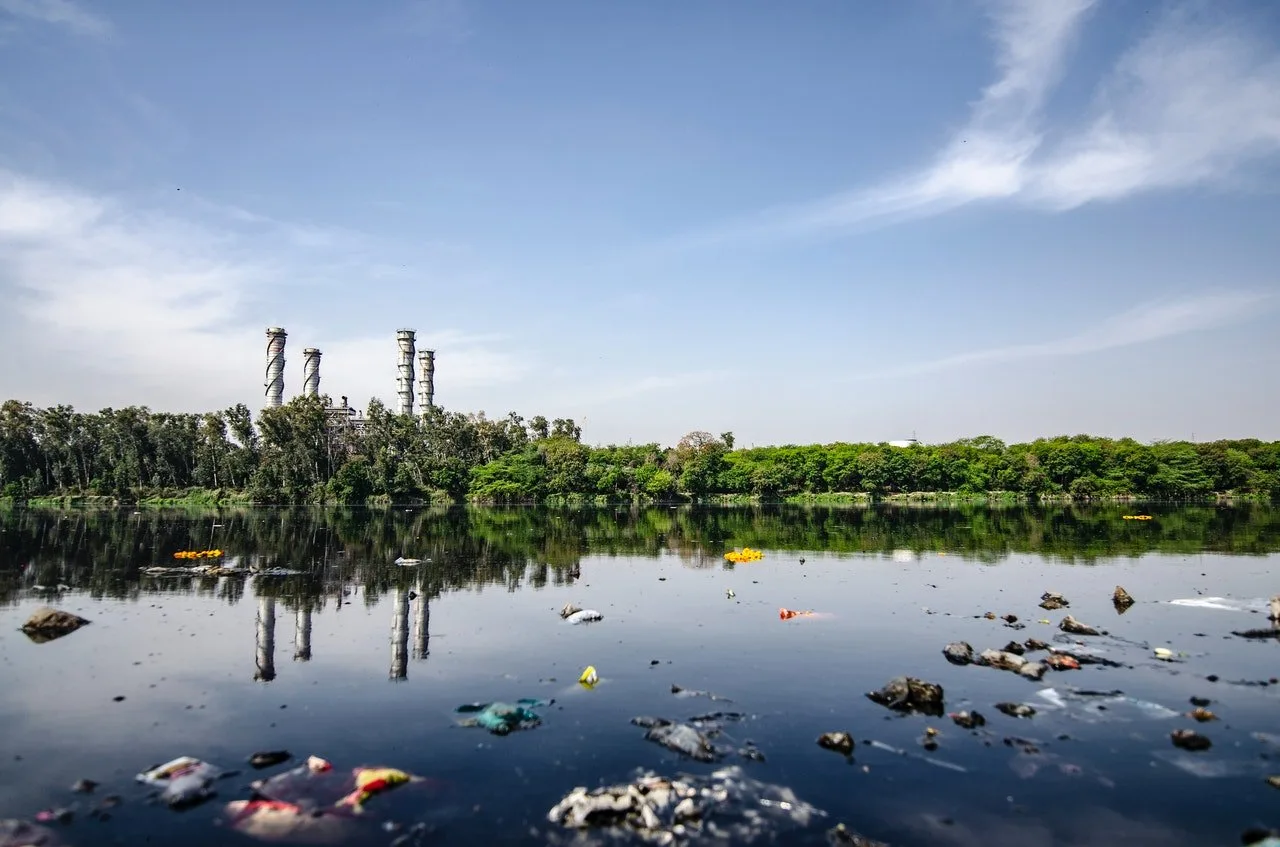Humankind hasn’t exactly been kind to mother nature, what with climate change and global warming. Mankind has also exacerbated the levels of pollution in the world. So much so that the high levels of pollution are now affecting human fertility rates. In fact, they’re possibly risking the future of humankind.
Pollution: Shrinking penis and falling sperm counts?
In her new book, Count Down: How Our Modern World Is Threatening Sperm Counts, Altering Male and Female Reproductive Development, and Imperiling the Future of the Human Race, Dr. Shanna H. Swan shares how the drastic rise in environmental pollution is causing a definite drop in humans’ fertility rates.
“In some parts of the world, the average twenty-something woman today is less fertile than her grandmother was at 35,” Swan writes.“The current state of reproductive affairs can’t continue much longer without threatening human survival,” writes Swan, adding: “It’s a global existential crisis.”
Swan also adds that pollution is causing a drop in sperm counts. She reveals that sperm counts have dropped almost 60% since 1973 or at an average of 1.25% drop per year.
“If you look at the curve on sperm count and project it forward — which is always risky — it reaches zero in 2045,” Swan told Axios. “That’s a little concerning, to say the least,” she added.
Additionally, Swan shares that the pollutants are also causing shrinkage in both penis size and volume of testes.
What’s killing all the sperm?

ruigsantos/shutterstock
In her new book, Dr. Swan writes, “Chemicals in our environment and unhealthy lifestyle practices in our modern world are disrupting our hormonal balance, causing various degrees of reproductive havoc.”
According to Dr. Swan, the chemicals responsible are called the Per- and polyfluoroalkyl substances (PFAS).
They can be found in:
- cleaning products
- electronics
- plastic containers
- shampoos
- skincare products
PFAS are often referred to as “forever chemicals” because they don’t break down. Rather, they accumulate and accumulate, doing more damage to both our bodies and the environment.
What has previous research found?
- A 2017 study, co-authored by Dr. Swan, found that between 1973 and 2011, sperm counts in the west decreased by 59%.
- A 2018 Australian study confirmed that chemicals in plastic are causing genital defects in male babies.
- A 2020 study published in the Jama Network found that pregnant women who exposed themselves to plastic chemicals, phthalates to be exact, faced a higher risk of preterm birth.
- A recent French study published in Human Reproduction found that young boys who lived in polluted regions were twice as likely to have one undescended testicle and five times more likely to have two undescended testicles. Undescended testicles increase the risk of infertility, testicular cancer, hernias, and testicular torsion (twisting).
What did Dr. Swan find?
For one, Dr. Swan revealed that just over a quarter of men experiencing erectile dysfunction were under 40. This may be due to testosterone levels, which have been dropping at 1 percent per year since 1982.

Photo by Deon Black on Unsplash
Dr. Swan also revealed that the miscarriage rate has risen by 1 percent per year over the last two decades. Additionally, these chemicals also seem to be affecting a woman’s sex life, with Dr. Swan sharing that,
“Yes, we found a relationship between women’s phthalate levels and their sexual satisfaction.”
A parent’s role
Dr. Swan also revealed how exposure to these chemicals can also affect future generations,
“If you’re pregnant, and you’re carrying a boy, the chemicals you’re exposed to can pass to him through the placenta. So the germ cells that will create his children are already affected. Plus that boy is exposed to chemicals again as an adult. It’s a two-hit model,” she said. “That’s why we have this continuing decline in fertility and sperm quality….Babies are now entering the world already contaminated with chemicals because of the substances they absorb in the womb.”
What can we do?
Dr. Swan advises reducing your exposure to these chemicals in your day-to-day life. To do this, she suggests the following:
- buy organic produce
- eat home-cooked meals – food packages and gloves used by restaurant workers to transfer phthalates into your food
- Avoid packaged food
- Stick to antibiotic-free meat
- Try homemade cleaning products
- Read the ingredients on bathroom and kitchen cleaners.
- Choose personal care products that are phthalate-free and paraben-free
- Ditch air freshener and scented products
- Don’t microwave food in plastic
- Make sure to filter drinking water
“[We must] do what we can to safeguard our fertility, the fate of mankind, and the planet.” writes Swan.

What are industries doing?
“What we really need is for the chemical industry to adopt its own version of the Hippocratic oath – ‘first, do no harm,” Swan writes.
The European Union has restricted several phthalates in toys and sets limits on phthalates considered “reprotoxic”. Unfortunately, regulations as strict as these are still lacking in the West. So, it’s up to us to do our part in reducing pollution and protecting the environment. After all, the future of our species depends on it.
Want to know more?
As we grappled with the viral pandemic, another one grew stronger in the meantime. Here’s how the COVID-19 pandemic worsened the plastic waste crisis.






![women [longevity live]](https://longevitylive.com/wp-content/uploads/2020/01/photo-of-women-walking-down-the-street-1116984-100x100.jpg)









